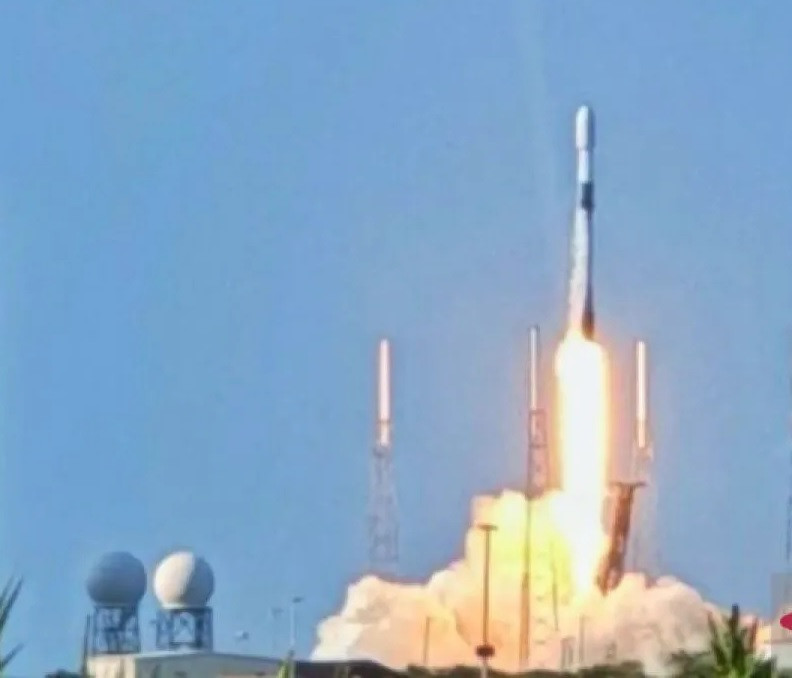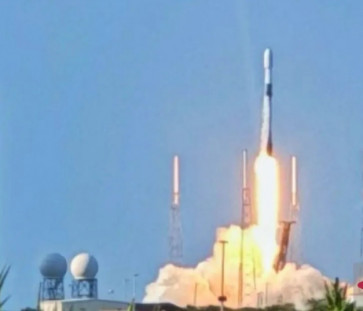Popular Reads
Top Results
Can't find what you're looking for?
View all search resultsPopular Reads
Top Results
Can't find what you're looking for?
View all search resultsCommercializing Indian and Indonesian space sectors is possible
To reap commercial space benefits, India should pass the law, and Indonesia must soon enact regulations on space commercialization.
Change text size
Gift Premium Articles
to Anyone
F
ollowing potentially increased cooperation between India and Indonesia as BRICS member states, the question lies in its practical implementation. Anything connected with collaborative relationships is linked to rapid changes in geopolitics. Eventually, it may impact bilateral or regional connections, which leads to a friend or foe dichotomy.
There is a possibility of peace and cooperation through outer space. Its Magna Carta, the Outer Space Treaty of 1967, mandates the peaceful use of space for the benefit of all [hu]mankind. Promotion of cooperation among states is also reflected throughout the Outer Space Treaty as a guiding principle. Ranked among the biggest Global South countries, India and Indonesia should revisit and strengthen their commitment to cooperation in outer space activities. Both have developed their capacities to a certain stage and they need to collaborate further to increase space capacity.
In India, 2024 marked a new beginning in the era of Indian private space activities with the groundbreaking of the country’s second spaceport at Kulasekharapattinam, a coastal village in the state of Tamil Nadu. Sprawling over 900 hectares, this spaceport is expected to be a launch hub for private space activities.
The Indian National Space Promotion and Authorization Centre (IN-SPACe) was established in 2022 for authorizing private space activities in India. To empower IN-SPACe, the government of India has passed the Indian Space Policy 2023. Banking on the power vested by the policy, IN-SPACe has developed and published the Norms, Guidelines and Procedures for Implementation of Indian Space Policy 2023 in respect of the Authorization of Space Activities in May 2024. Now, the moot question is about the practical effects of these developments on space investments in India.
From a layman’s perspective, it seems to be an ideal scenario to start investing in the Indian space sector. However, legal scholars find it difficult to consider, especially in the absence of a law. While the legislation should have been the first step in permitting private space activities, passing the bylaws, establishing the authorization agency and drafting the guidelines and procedures for authorization should have been the subsequent steps to prevent procedural impropriety.
India has reversed the entire process by first establishing IN-SPACe, and then trying to clothe it with legality via the Indian Space Policy 2023. Ironically, India still needs a national space law and a long-awaited legislative framework for executive action. The 2023 policy carries the risk of being struck down by the Indian Supreme Court for falling under the category of substantive ultra vires, which is a common law doctrine limiting the executive from making a bylaw in the absence of the legislature delegating the power.
In light of looming uncertainty, there is not much expectation for the growth of the private space sector in India. The Indian parliament needs to enact a governing law to authorize and supervise private space activities, which is also mandated by the Outer Space Treaty of 1967. This could be achieved through the exercise of its powers under Article 253 of the Constitution of India.



















